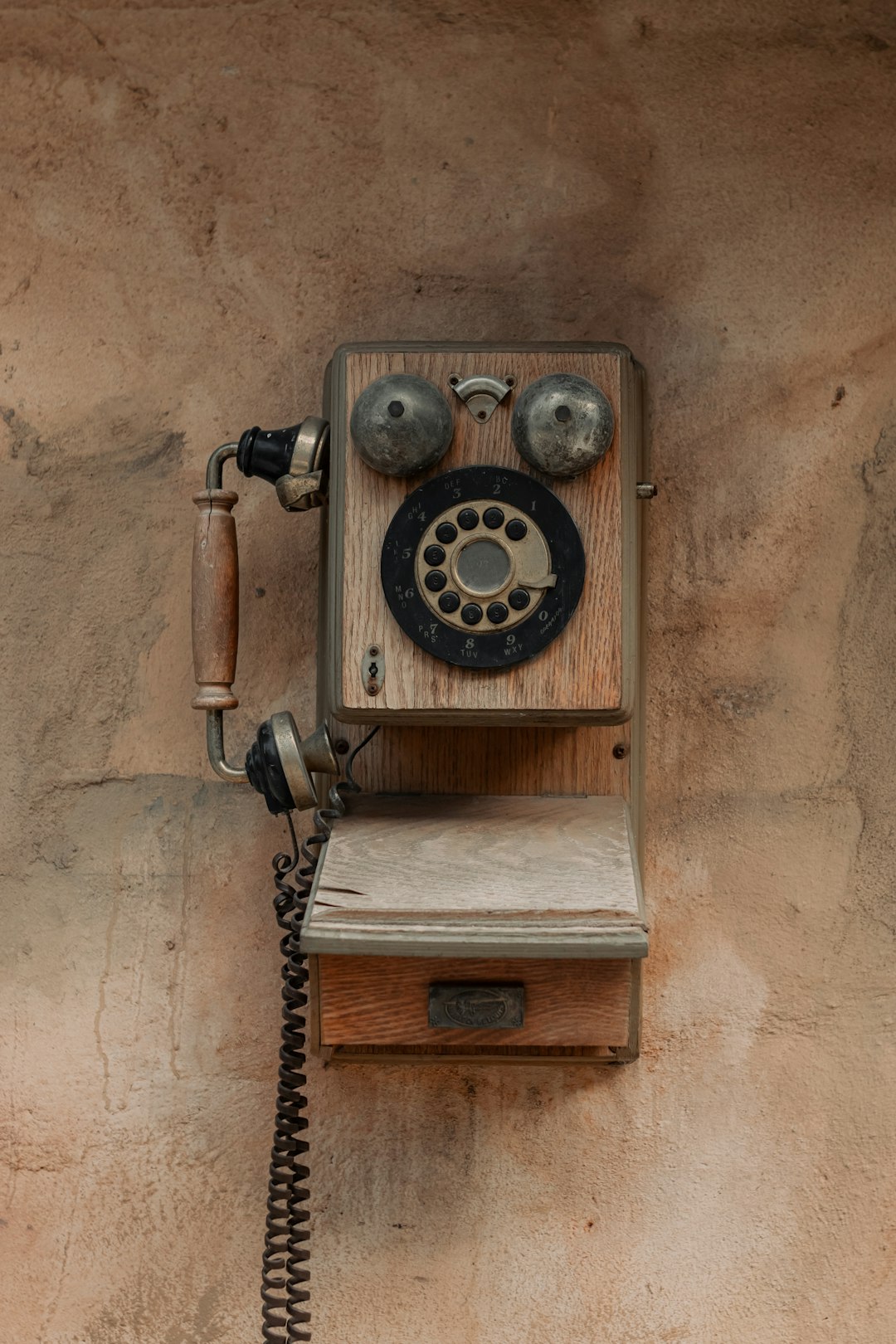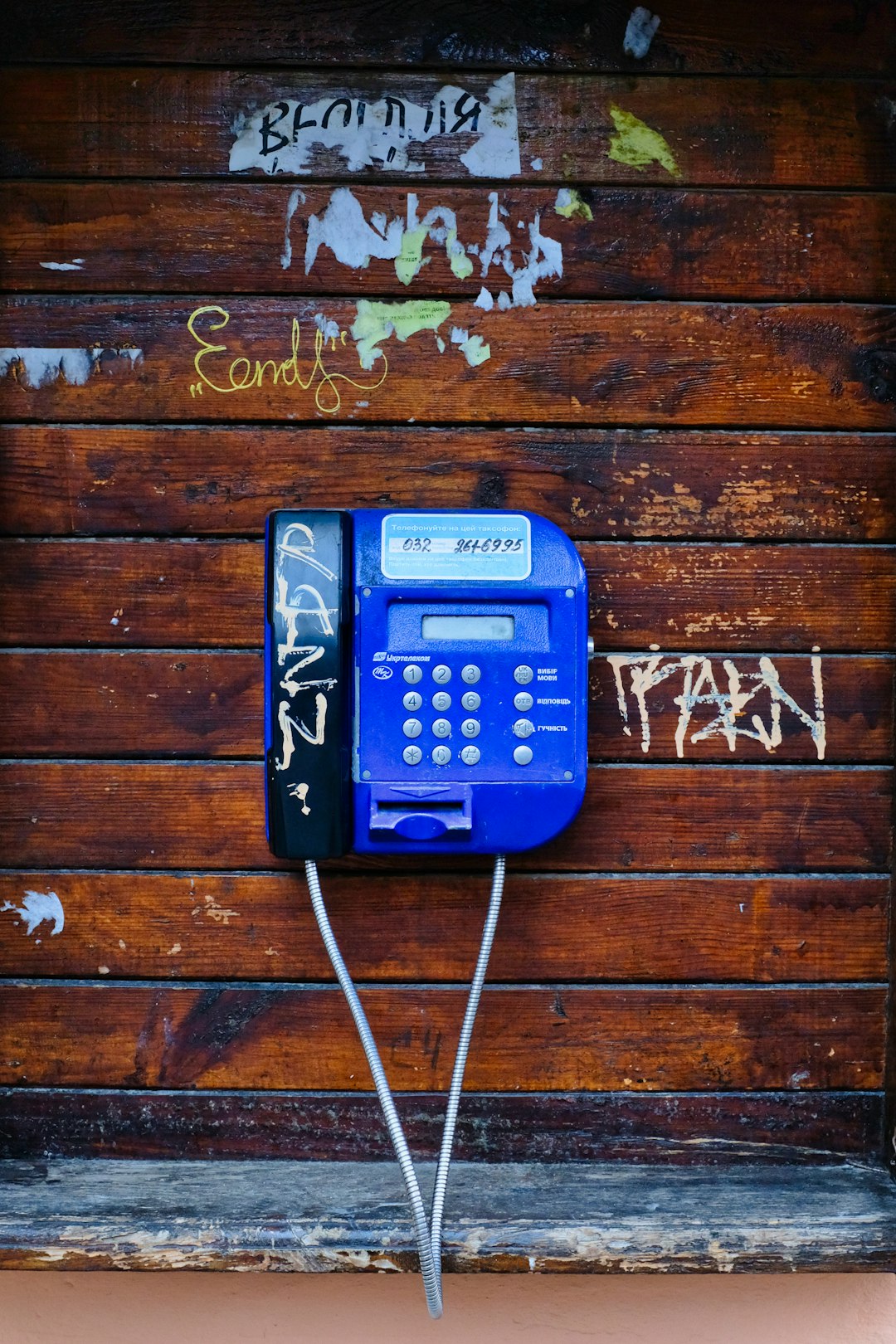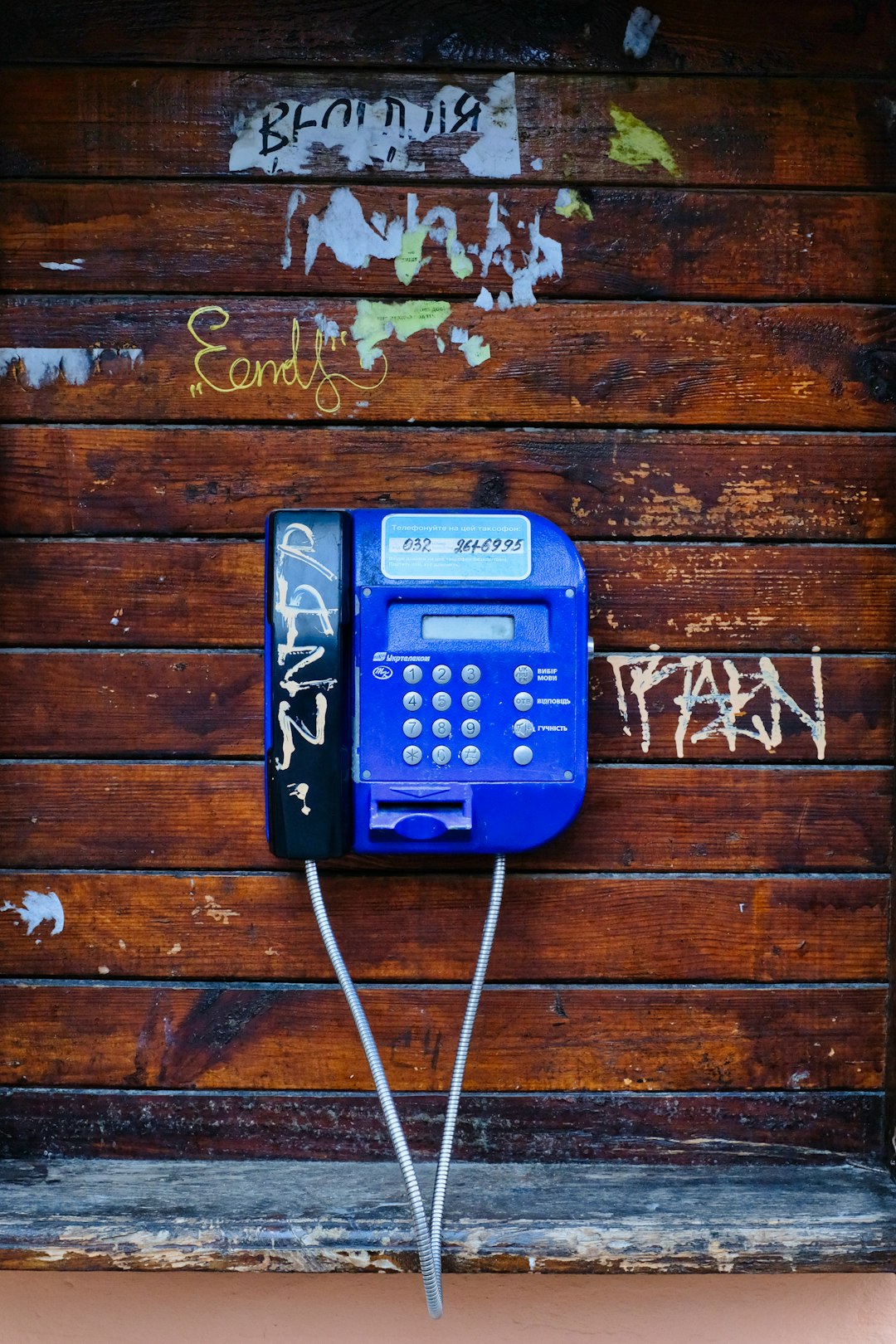Call spoofing, a growing concern in North Dakota, involves fraudsters manipulating caller ID to deceive residents and businesses into revealing sensitive data or clicking harmful links. The state has addressed this issue with laws targeting communication fraud under the North Dakota Century Code (NDCC) Chapter 54-08 and the Federal Communications Commission's (FCC) Telemarketing Sales Rule (TSR). Robocall attorneys in Bismarck, ND, are crucial in protecting residents' rights, ensuring compliance with telemarketing laws, and advocating for stricter measures against malicious activities. Businesses can protect themselves by implementing best practices like robust caller ID verification systems, staying updated on laws, auditing contact lists, training employees to identify suspicious calls, and employing advanced spam filtering technologies.
“In the digital age, call spoofing has emerged as a perplexing issue, particularly in Bismarck, North Dakota. This deceptive practice, where caller ID information is manipulated, has legal ramifications and impacts businesses and residents alike. Our article provides a comprehensive guide to understanding call spoofing, delving into its prevalence in North Dakota’s legal framework, and highlighting the critical role of robocall attorneys in navigating these challenges.
Furthermore, we offer practical best practices for mitigating risks and protecting your business from the harmful effects of call spoofing.”
Understanding Call Spoofing: A Comprehensive Overview

Call spoofing is a deceptive practice where callers intentionally falsify the information transmitted to a recipient’s caller ID, often displaying false numbers or even using automated systems to mimic legitimate business or personal calls. This technique has become increasingly prevalent with the rise of robocalls, leading many North Dakota residents and businesses to seek assistance from robocall attorneys. By masking their true identity, spoofers aim to trick recipients into answering or engaging with the call, often for malicious purposes.
This form of fraud can take various guises, such as pretending to be a bank, government agency, or even a peer, to manipulate individuals into providing sensitive information or clicking on harmful links. With advanced technology, call spoofers can make their fake numbers look real, making it challenging for recipients to distinguish between legitimate and fraudulent calls. As a result, many states, including North Dakota, have implemented laws to combat this issue, holding perpetrators accountable for their actions and protecting consumers from such deceptions.
Legal Framework for Call Spoofing in North Dakota

In North Dakota, the legal framework surrounding call spoofing is largely governed by state and federal telecommunications laws. The North Dakota Century Code (NDCC) Chapter 54-08 defines various types of communication fraud, including impersonation and misrepresentation in telecommunications. This law is designed to protect consumers from deceptive practices, such as robocall attorneys who use spoofed caller IDs to trick recipients into answering their calls.
The Federal Communications Commission (FCC) also plays a significant role in regulating call spoofing through its enforcing of the Telemarketing Sales Rule (TSR). This rule requires telemarketers, including those making automated or prerecorded calls, to disclose their identity and provide a way for recipients to opt-out of future calls. North Dakota robocall attorneys must adhere to both state and federal regulations to avoid legal repercussions, ensuring transparency and compliance in their communication strategies.
The Role of Robocall Attorneys in Bismarck

In the realm of call spoofing, where automated and fraudulent phone calls inundate residents, robocall attorneys in North Dakota play a pivotal role. These legal professionals specialize in navigating the intricate laws surrounding unwanted telemarketing practices, particularly in the state of Bismarck. With the increasing prevalence of spoofed calls, many citizens find themselves overwhelmed by the sheer volume of unknown numbers on their caller IDs. This is where robocall attorneys step in to protect consumers’ rights and ensure compliance with telemarketing regulations.
Bismarck, like other cities in North Dakota, has established guidelines to curb malicious call spoofing activities. Robocall attorneys are well-versed in these rules, which include restrictions on automated calls, do-not-call registries, and penalties for violators. They assist victims of call spoofing by offering legal counsel, helping them understand their rights, and taking necessary actions against perpetrators. Moreover, these attorneys contribute to fostering a safer and more transparent communication environment in Bismarck by advocating for stricter regulations and educating the public about the potential risks associated with robocalls.
Mitigating Risks and Protecting Your Business: Best Practices

To mitigate risks and protect your business from call spoofing, it’s essential to adopt best practices that empower you against legal repercussions. Start by implementing robust caller ID verification systems to validate the authenticity of incoming calls. Collaborate with reputable robocall attorneys in North Dakota to stay updated on evolving laws and regulations pertaining to call spoofing. Regularly audit and update your contact lists, ensuring they’re free from fraudulent numbers. Foster a culture of awareness among your employees, training them to identify and report suspicious calls promptly. Additionally, consider employing advanced technologies that filter out spam and spoofed calls before they reach your business lines. By integrating these measures into your operational framework, you not only safeguard your business but also enhance customer trust in the face of escalating call spoofing incidents.






